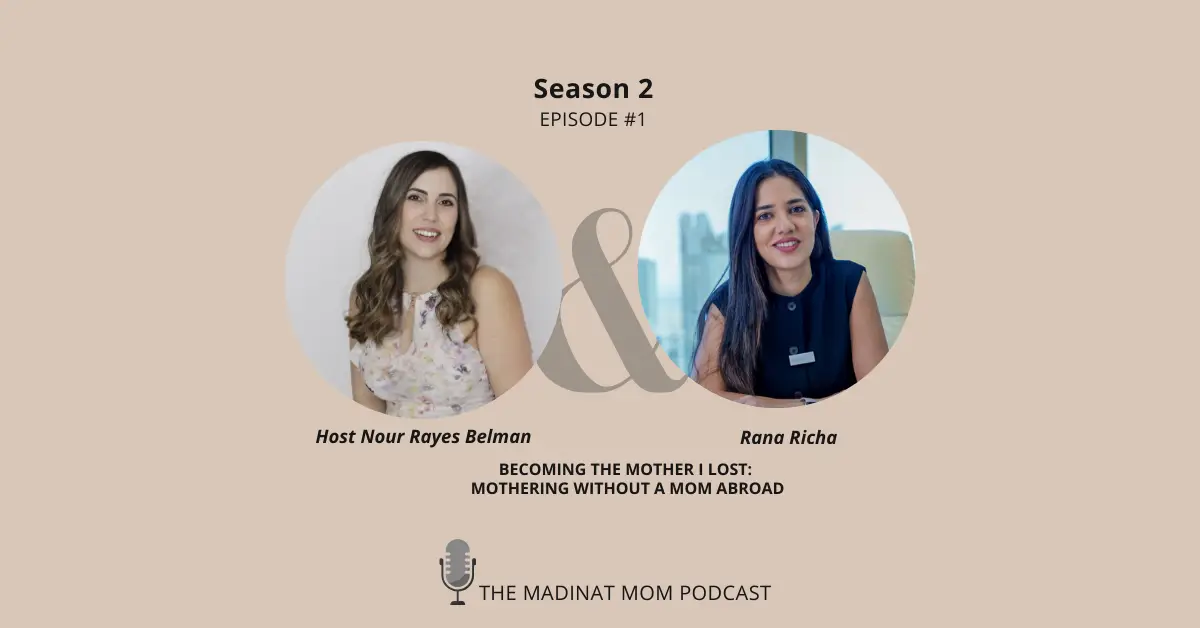The twelve weeks after your baby’s birth, often referred to as the fourth trimester or postpartum period, can be one of the most emotionally challenging phases of motherhood. While you’re still recovering from childbirth, you suddenly find yourself responsible for a new life. Overnight, you become MOM.
Many new mothers enter the fourth trimester without knowing what to expect, what’s normal, or how to manage the changes that accompany postpartum. This uncertainty can lead to feelings of distress and overwhelm. Additionally, the lack of adequate support from those around you can contribute to feelings of loneliness and sadness during this time.
In this post, I share insights on what to expect during the postpartum period and offer coping strategies that may be helpful. What New Moms Should Know about the Fourth Trimester
Disclaimer: There’s no fluff, no secrets, and no sugar coating. I tried to present the facts as they are, so you can face them with knowledge and confidence.
1- Emotional Rollercoaster: Experiencing All the Feels
The first step in your recovery journey is recognizing that experiencing a range of emotions postpartum is normal. Let me emphasize this: baby blues are often beyond a mother’s control. The hormonal changes in your body are behind the emotional imbalance, making it a very real and raw experience. Additionally, factors like sleep deprivation, exhaustion, and constant unrest can further affect your mood during your fourth trimester. You can suddenly find yourself feeling sad, crying more than usual and experiencing a range of mood swings.
While it’s common among new moms, it’s important to seek professional help if your symptoms worsen or don’t improve within a few weeks.
Don’t forget to take care of yourself too! Consume mood-boosting foods like salmon, avocado, and berries, spend some time outdoors, and talk to someone close who can offer comfort and support. Just like your little one, you also need plenty of care and love to recover, Mama.
2- The Sneaky Leaks: Urinary Incontinence
Urinary incontinence, which is the unintentional leaking of urine, can occur when you sneeze, cough, laugh, or even exercise. This happens because pregnancy and childbirth can weaken your pelvic floor muscles. For me, it was one of the most uncomfortable symptoms I experienced in my fourth trimester. Many women face urinary incontinence after giving birth, and for some, it can take months or even longer to resolve completely.
Using postpartum pads can help manage this issue initially. Consider regularly performing pelvic floor exercises (get those Kegels in, Mama!), avoid beverages that irritate your bladder (like soft drinks or coffee), and add fiber to your diet to prevent constipation, which can worsen your symptoms.
Remember to consult your doctor if symptoms are concerning or persist for a long time. They might refer you to a specialist who can provide additional support.
3- Bouncing Back: Body of Love
Ready for a reality check? While it might seem like many moms on social media or around you effortlessly slip back into their pre-pregnancy jeans, for many others, like myself, it can take more time. Adjusting to your new postpartum body can be tough, and struggling to fit into your pre-pregnancy clothes can be disheartening. The notion of “bouncing back” quickly is an unrealistic expectation imposed on modern mothers.
I remember getting comments about my weight at five months postpartum. Although I brushed them off at the time, they left me feeling a bit sad inside. Here I am today looking back and realizing what really mattered at the time – it wasn’t my weight. What New Moms Should Know about the Fourth Trimester
While it’s important to eat healthy and stay active, it’s equally important to treat yourself with love and compassion. Your body has accomplished something incredible. If your “bounce back” looks different from someone else’s, then so be it. Try to embrace this new phase of your body’s journey and focus on giving your body plenty of love. After all, it did give you a bundle of love.
4- Sex after Birth: Navigating Intimacy
The physical and emotional transformations you experience after childbirth may affect your interest in resuming sexual activity. My top piece of advice is to follow your own pace. Ignore articles or people that dictate how long is too long or what the “normal” timeline should be. Have open conversations with your partner about when you feel ready, and together, decide what’s best for both of you.
It’s completely normal not to feel “in the mood” but if you find yourself very uncomfortable, consider discussing with your doctor ways to regain intimacy or tips for easing back into it.
5- Postpartum Hair Loss: What to Expect
Just when you think you’re nearing the end of postpartum symptoms, hair loss might begin a few months after giving birth. This is something many new moms experience during the fourth trimester. You might not, but if you’re anything like me, get ready to see clumps of hair falling out. The reason behind this is simple: after childbirth, your estrogen levels drop, resulting in hair loss. Emotionally, it can be unsettling to see. But don’t worry, Mama, this typically resolves on its own after a few months, and many moms regain their hair fully. You might go through a phase of baby hairs as it grows back, but take this as a sign of regrowth.
Here’s what I want you to know: it’s OKAY to feel upset about this, but try to remember that your hair will likely grow back. In the meantime, switch to gentle hair care, such as volumizing shampoos and avoiding strong conditioners. Adding hair oils to your routine and getting a new haircut can help your hair feel fuller and allow it to heal.
Give it time, your healing process is a journey and doesn’t happen overnight.
6- Solitude in Company: New Mom Isolation
One of the most unexpected factors of new motherhood is the loneliness it can bring. It’s quite ironic – despite constantly having your little one by your side, you might find yourself feeling more isolated than ever before. With the demands of caring for a baby, depleted energy levels, and endless thoughts racing through your mind, it’s likely that you won’t have much time for friends or family. And when you do manage to see them, conversations tend to revolve mostly around your baby. Adjusting to this new normal and finding your rhythm can take time, and it may take time for those around you to adjust as well. In some cases, friends who don’t have children might struggle to adapt to your new lifestyle and gradually drift away. What New Moms Should Know about the Fourth Trimester
Make it a point to communicate openly with your partner, seek support, engage in conversations with loved ones, or join a local moms’ group to help bridge the gap between isolation and connection.
You’re not Alone
In conclusion, the fourth trimester is a period of adjustment and transformation. It’s very important to maintain open communication with your loved ones about your feelings and don’t be afraid to ask for help when you need it – it really does take a village! Connecting with other moms and consulting your doctor about any concerns or questions is also key.
We always encourage new moms to share their own experiences and tips below, fostering a community of support that can benefit others. Keep in mind, your journey as a mother is unique and may differ from others, but gaining insight into these often overlooked issues can empower you throughout your postpartum experience. What New Moms Should Know about the Fourth Trimester
If you are in your fourth trimester and find yourself looking for additional support, remember that Madinat Mom is here for you. Don’t hesitate to reach out to us!






